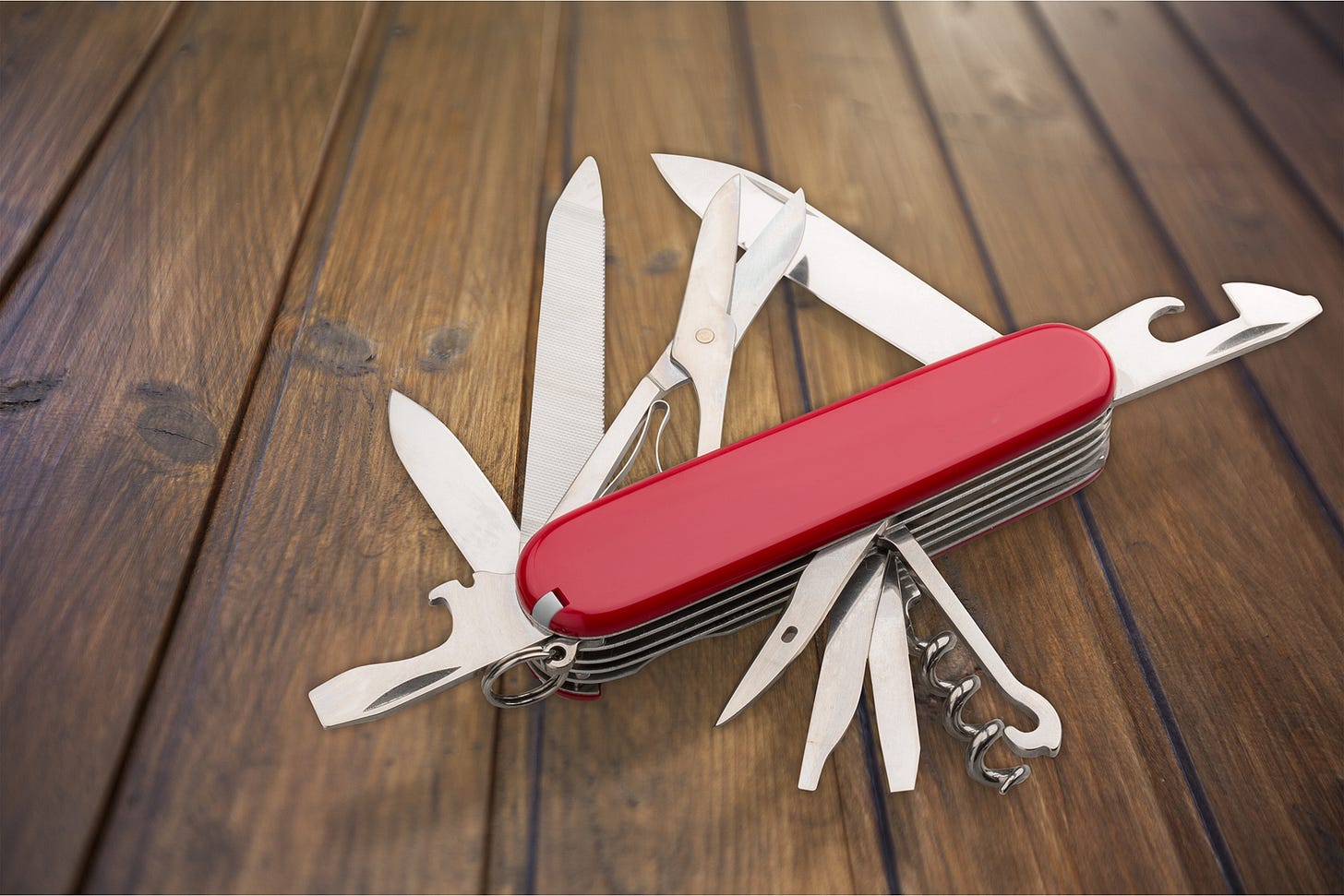Dear Readers,
Many thanks indeed for your appreciation of FC #71 featuring ‘Stray Thoughts’.
Proclaiming her care and concern for stray dogs, Jyoti Mohan has sent this quote by Anatole France, a French Poet:
“Until one has loved an animal, a part of one's soul remains unawakened.”
As usual, P A Verghese made an excellent observation, and I quote:
“Straying also has a very positive connotation. This happens when you consciously stray from the often trodden path seeking out new ideas, whether in the arts, sciences or even in business. Terms such as ‘lateral thinking’ and ‘out-of-the-box ideas come from such an effort, leading often to some of the greatest creations and innovations. There are examples aplenty. People who indulge themselves by daring to stray are often the liveliest people to be around. In his poem, “The road not taken”, Robert Frost wrote, “Two roads diverged in a wood, and I took the one less traveled by, And that has made all the difference.”
In FC #20, dated November 15th 2020, I wrote about Children's Day, which is today, and I urge you to read it for a recap.
For all the children in your lives, I am sharing a link that gives them the animated version of the nursery rhymes. The child in me loved it. Please click and share with the kids: Famous Nursery Rhymes Collection
♦️ Jack of all trades
A key figure in the drafting of the Declaration of Independence, Benjamin Franklin (b 1706) also signed the Constitution of the United States, making him one of only six people to sign both documents.
Some of the many quotes attributed to him are:
“Three may keep a secret if two of them are dead”
“Either write something worth reading or do something worth writing”
“By failing to prepare you are preparing to fail”
“Love your enemies for they tell you your faults”
“Tell me and I forget, teach me I may remember, involve me and I learn”
“We are all born ignorant but one must work hard to remain stupid”
“Whatever is begun in anger, ends in shame”
“Jack of all trades, master of one”
It is the last one that I intend to talk about here.
Franklin himself was in a sense a jack of all trades — author, philosopher, diplomat, inventor and scientist. He discovered electricity and invented the lightning rod, bifocals and Franklin stove (a cast-iron stove for heating the room). He was not highly educated but became a successful businessman. Franklin served many public causes including opening lending libraries and colleges, and was very witty, as is evident from his many quotes
Reverting to the theme of this post, the phrase ‘jack of all trades’ by itself is indicative of a person’s ability to do many things. It was said that it is better to be a ‘jack of all trades’ than to be a ‘master of one’. Here, the word ‘all’ should not be understood in its literal sense. The idiom implies that a man may possess many skills but should have mastery over one.
However, somewhere along the way, the quote got a derogatory twist when people started using the quote ‘jack of all trades, master of none’ implying that a person may dabble in many things but has not perfected any of them.
If you look at the original quote, which, apparently, was ‘A jack of all trades is a master of none but oftentimes he is better than a master of one’, you’ll find that it is quite complimentary. It clearly implies that if you are capable of doing many things then you are far more productive than a one-track-minded person who is unable to multitask. Being able to do different things is the essential attribute of a jack of all trades.
Handymen are jack of all trades. My son-in-law is a jack of all trades and is also a master of creative branding and designing. Besides being an excellent artist, he can fix anything, assemble furniture, paint the house, tend to the garden, and so on.
My wife firmly believes that to be husband material, the man must be a jack of all trades. She feels that the time has come to realise that handymen are inaccessible, expensive and unreliable. She would prefer it if instead of matching horoscopes, the girl’s family should evaluate the skill sets the man possesses which should include his ability to cook a meal or at least be a sous chef. Her preference stems from the fact that I am not a handy man and she has to depend on the ever undependable handymen like plumbers, electricians, etc.
Decadence is apparently the reason that some people choose not to be a jack of any trade. They hire a guy to wash the car, a maid to walk the dogs and babysit, a cook to keep the kitchen going, another maid to sweep and swab and yet another one to do the clothes and the dishes. The plumber and electrician are on call. If the tyre is flat on a highway they call the helpline. The list is endless. The greater the possibility of outsourcing less would be the prospect of doing it yourself.
Multi-tasking and multi-skilling are synonymous, and they both resonate with the idiom ‘jack of all trades’ provided you read the word’ all trades’ in context. Being familiar with problems and knowing how to fix them is sufficient to be a JoAT.
Just as a jack of all trades continuously improvises and learns newer techniques, so would a multitasking person, to stay relevant to the organisation he serves. Likewise, exploring new areas of interest, working on skill development, adding new capabilities, and unlearning and learning makes a person multi-skilled.
Consultants and advisors are often considered as masters at what they do but real mastery lies in execution. A merchant banker or a transaction lawyer advises the client but they do not execute. Advising someone on how to devise and implement is consultancy and since they are involved in many deals (trades), with due respect I would say they are jacks and not masters.
Generalists and specialists help understand the idiom better. In the field of medicine, a general practitioner can clinically treat most of the ordinary ailments but he would refer you to a specialist if the situation warrants.
Many people struggle to make ends meet because wages are inadequate to keep pace with rising prices. A factory worker takes up odd jobs and becomes a jack of all trades. Circumstances compel people to moonlight.
We are witnessing an era of start-ups. From an employability point of view who stands a better chance? JoAT or master of one? I would guess start-ups would prefer a JoAT to a master of one given the multiple skills that Jack possesses as compared to the master. The ability to adapt and learn new skills comes naturally to Jack as compared to the master who has to shed his inhibitions of expertise and get his hands dirty. Both Jack and master can be innovators, but it is Jack who has a hand in putting it to practice. To know more about employability please visit: Who is a better Hire, Jack Of All Trades or Master Of One?
COVID has to a good extent turned us into JoAT. When we were under lockdown we learnt to do things ourselves. Initially, it was hard but then the ‘mother of invention’ made the tasks inevitable. The master of the house became the jack of all trades. Even after the lockdown ended ‘jack’ continued to undertake many of the chores given the social distancing norms and the reluctance to allow maids, helpers and handymen to enter the house.
The idiom is not without its share of puns. Here are a couple of them:
An Indian Cook is a jack of all fares but is a master of Naan.
If Jack can tell a story about beans it would be ‘jack and the beans talk’
Why is the head sister usually known as a jack-of-all-trades? Because she's a master of nun.
I hope you enjoyed this week’s edition, and do share your thoughts. I look forward to hearing about the Jacks and masters in your life. Until next week, stay safe and take care.







Amazing perspective and a wrap on my knuckles.
I wonder if the idea of a JOAT is still relevant in the modern world. Benjamin Franklin may only by a stretch of imagination be called one. He was a true master of the many things he purveyed. Not so rare, there were many others like him, Leonardo da Vinci for one, who excelled in many things.
Civilization and specialization evolved with the advent of organized agriculture when man found it made sense to give up his hunter-gatherer life and instead stay put in one place. Soon came specialist doctors, specialist armies, specialist lawyers, priests and so on. The benefits of specialization came to stay and we learnt to trade our special skills in the open market. A plumber offered to repair his neighbor’s leaking tap in exchange for a few carrots from his garden, the baker traded his bread for clothes from the tailor and so on… and soon we realized that introducing a common currency could do away with the inconvenient barter system.
All this came about only because we learnt to focus on a few specialties rather than be JOATs. And this has worked pretty well so far. Are JOATs relevant any longer? Is this still a desirable attribute? Can we even imagine now a world consisting only of JOATs and no specialists?
I guess one could still be a JOAT, but only for low-skilled jobs; surely in work needing higher learning and skills one cannot make do with being one. This is why only early school education of children imparts multiple knowledge and skills and they begin to specialize quickly later in life.
While a JOAT is a valuable commodity in the marriage market, I would look askance at any job seeker who came to me claiming he was adept equally in Medicine, Engineering, Law, Accountancy and perhaps Gardening too.
But having said that, in the world of Business and Management, as one keeps ascending the corporate ladder one uses lesser and lesser of one’s special skills and instead slowly transforms himself into a generalist because that’s what the job demanded. And of course, the CEO is the ultimate generalist of them all.
Good piece Pras, enjoyed it.